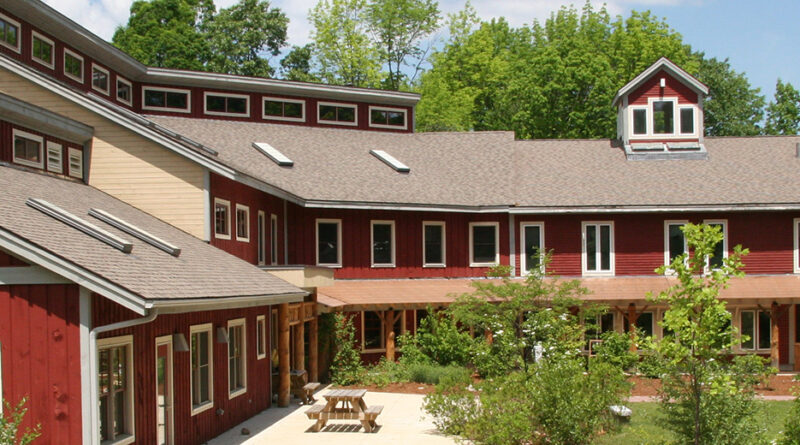Susan N. McLane Audubon Center In Concord New Hampshire
The Susan N. McLane Audubon Center is a wildlife sanctuary and education center located in Concord, New Hampshire. It is named after Susan N. McLane, a New Hampshire conservationist who played an important role in the establishment of the Audubon Society in the state.
In the early 1970s, Susan N. McLane became involved in the efforts to protect and preserve New Hampshire’s natural resources. She was instrumental in the establishment of the New Hampshire Audubon Society, and in 1983, the society opened the McLane Audubon Center in Concord. The center was created as a place for people to learn about and appreciate the natural world, as well as a sanctuary for local wildlife.
Over the years, the center has grown to become a valuable resource for the community. It offers a variety of educational programs and activities, including birding walks, nature hikes, and workshops on wildlife photography and conservation. The center also hosts summer camps for children, as well as school programs and field trips.
One of the center’s most popular features is its raptor exhibit, which houses a variety of birds of prey, including eagles, hawks, and owls. Visitors can observe these majestic birds up close and learn about their behavior and habitats.
The center’s grounds include over 200 acres of fields, forests, and wetlands, providing habitat for a variety of wildlife species. Visitors can explore the trails and boardwalks throughout the sanctuary, observing birds, mammals, and reptiles in their natural habitats.
In addition to its educational programs and wildlife sanctuary, the Susan N. McLane Audubon Center also plays an important role in local conservation efforts. The center works with other organizations and agencies to protect and preserve natural habitats and promote sustainable land use practices.
The Susan N. McLane Audubon Center has become a beloved institution in Concord, attracting visitors from all over New Hampshire and beyond. Its commitment to education and conservation has made it an important resource for the community, and its dedication to the natural world ensures that future generations will have the opportunity to learn about and appreciate the wonders of the environment.




